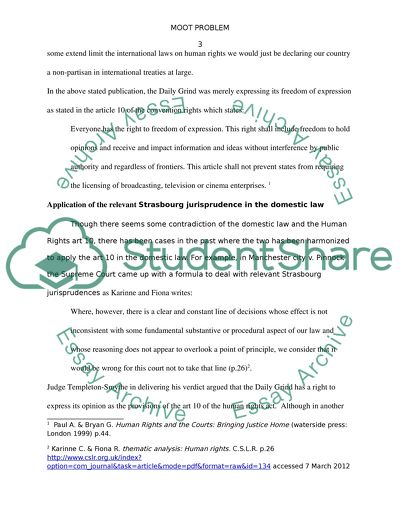Cite this document
(“Moot Problem in the Court of Appeal Essay Example | Topics and Well Written Essays - 1500 words”, n.d.)
Retrieved from https://studentshare.org/law/1443266-moot-problem-in-the-court-of-appeal-r-on-the
Retrieved from https://studentshare.org/law/1443266-moot-problem-in-the-court-of-appeal-r-on-the
(Moot Problem in the Court of Appeal Essay Example | Topics and Well Written Essays - 1500 Words)
https://studentshare.org/law/1443266-moot-problem-in-the-court-of-appeal-r-on-the.
https://studentshare.org/law/1443266-moot-problem-in-the-court-of-appeal-r-on-the.
“Moot Problem in the Court of Appeal Essay Example | Topics and Well Written Essays - 1500 Words”, n.d. https://studentshare.org/law/1443266-moot-problem-in-the-court-of-appeal-r-on-the.


